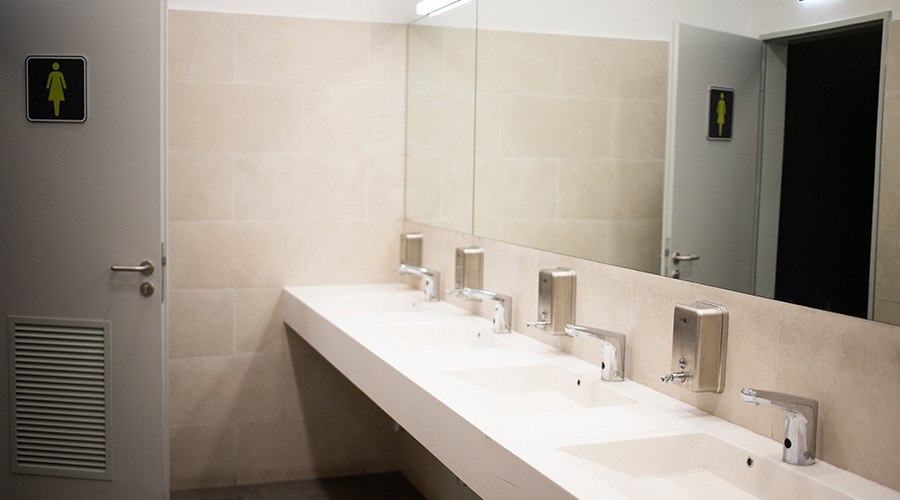Critical power management systems (CPMS) will enhance power reliability in healthcare facilities, according to a blog on the FacilityCare website.
A CPMS monitors and controls, among other things, emergency generator sets, circuit breakers and other emergency power system equipment.
According to the article, a CPMS facilitates on-site power system testing; load management; and load bus optimization, reporting and diagnostics. The system also monitors normal and emergency voltages and frequency; indicates transfer switch position, current, power and power factor; and displays transfer switch event logs, settings, ratings and identification.
A CPMS also helps management comply with National Fire Protection Association (NFPA) requirements as well as The Joint Commission, Medicaid and NEC 220.87 reporting mandates.
A single power interruption can cripple an institution, wrote Bhavesh Patel in the blog. A Lawrence Berkeley National Laboratory 2005 study estimated the cost of power interruptions at $57 billion annually for the 15 million U.S. commercial customers.

 What Lies Ahead for Healthcare Facilities Managers
What Lies Ahead for Healthcare Facilities Managers What's in the Future for Healthcare Restrooms?
What's in the Future for Healthcare Restrooms? Hammes Completes the Moffit Speros Outpatient Center
Hammes Completes the Moffit Speros Outpatient Center The Top Three Pathogens to Worry About in 2026
The Top Three Pathogens to Worry About in 2026 Blackbird Health Opens New Pediatric Mental Health Clinic in Virginia
Blackbird Health Opens New Pediatric Mental Health Clinic in Virginia